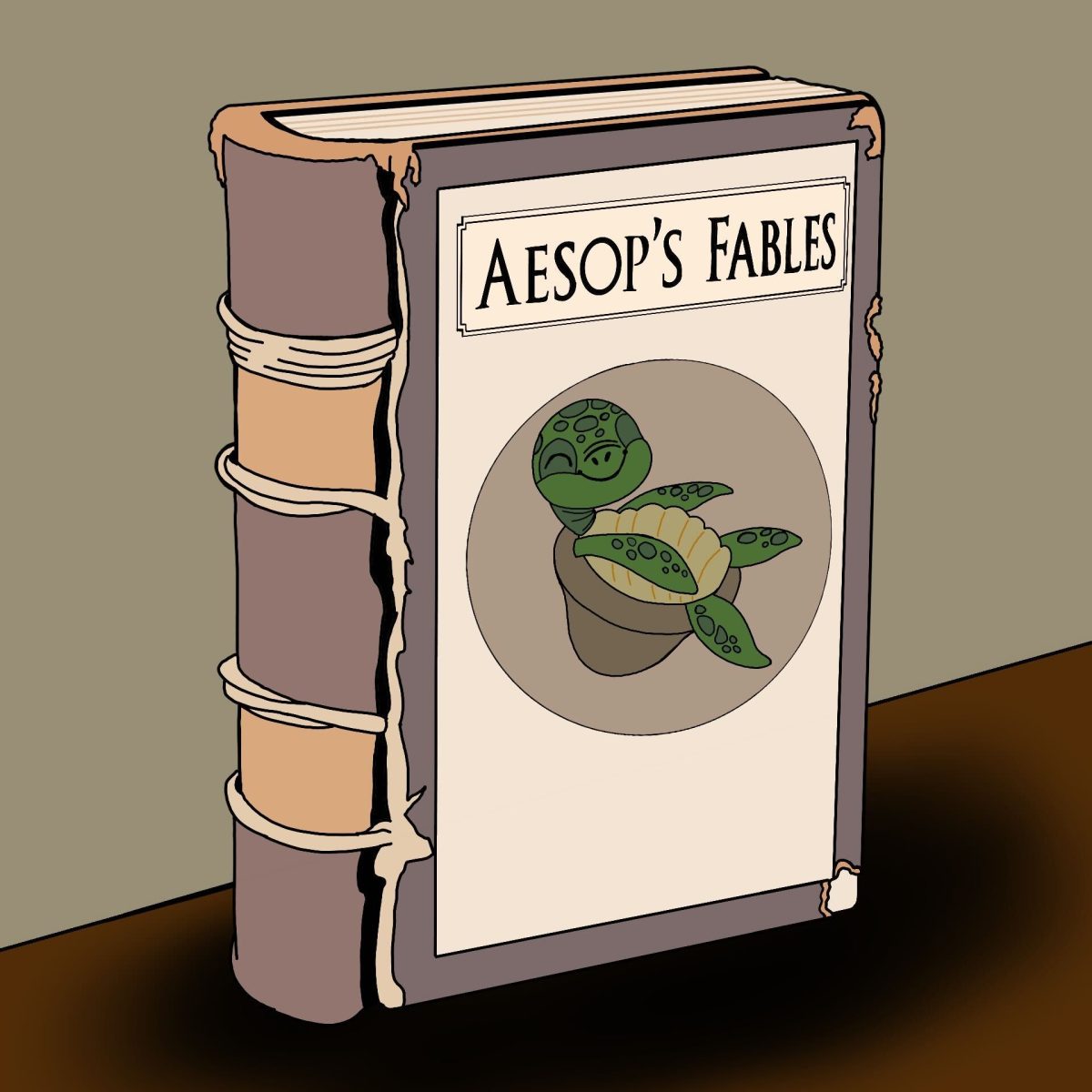At the beginning of the semester, I started my Latin IV class by reading Latin fables – little stories about peacocks and panthers, donkeys and dogs. After studying these fables, Peter Corrigan, my professor, and I challenged ourselves to write a fable of our own in English each week.
As I wrote my fables, I came to realize the importance of this genre that has ultimately disappeared in today’s world.
We rarely remember or read them, and even when we do, we see them as childish or beneath us. They seem to only appear in the occasional children’s book now, even though fables, by their nature, reveal lessons about everyday life that apply to people of all ages.
Corrigan has been teaching classic literature for seven years at Mississippi State University. Drawing from his experience using Roman fables in class and reading fables written by his students, Corrigan shared his views on the stories and their value.
“A fable is one of several genres of wisdom literature. The conception that we have of fables — that they are just a bunch of talking animals — is overly simplistic,” Corrigan said. “Rather, they involve people and animals and things — all of creation — trying to make sense of their experiences of a complex universe.”
Fables depend on a simplistic, routine and recognizable style. They involve a cast of fictional characters including animals, humans or inanimate objects that experience some sort of conflict, also called an agon. Whether the moral appears at the beginning or end of the fable, the fable will have a lesson somewhere.
This simple structure makes fables more accessible, rather than insignificant. Everyone can find the moral, and if the author does his or her job, the moral should display something about the human experience that enlightens readers.

From my reading and writing in class, I have learned that the moral can focus on a variety of topics: political, domestic, economic or religious. Regardless of the topic or target, the moral often arises from observations of daily life.
I have written a fable about my pride when I caught more fish than my boyfriend and my humiliation when I accidentally sat on his neighbor’s side-by-side moments after, too preoccupied with my victory to pay attention to my surroundings.
I have written other fables about a conversation with my mother, a debate with a campus organization and my cousin’s baby shower. In other words, the inspiration for a fable can come from anything a person experiences, and the fable’s moral highlights the lessons the author learned.
Since both the writer and reader of fables share in this dialogue about practical, daily lessons, Corrigan characterized fables as more substantial memes. He suggested that people like memes because they are short and witty. They make people laugh, and they connect people through shared humor that is easy to understand.
“We like snippets. There is so much competition for our time and attention in this world that sometimes the minimalist material is most attractive,” Corrigan said.
Like memes, fables depend on brevity. Even if they are longer than the average meme, they have a similar purpose of connecting people. In a fast-paced world, fables offer a variety of quick life lessons to those who do not have a lot of time. They may be longer than a meme or video on social media, but they are much shorter than novels, movies and plays.
“The ancients were more dialogic than we are. They enjoyed the narrative,” Corrigan said. “So while the meme provides a learning moment, the fable provides a learning minute or two; but it is not a learning thirty-minutes or a learning hour either — there are other genres that do that. Fables are just good bite-sized portions of practical, proverbial folk wisdom.”
In other words, fables showcase easy-to-understand, relevant and meaningful messages that speak for themselves. I hope to continue to see fables in children’s books, but I also hope that people will recognize the value of fables for all ages.
Next time someone learns a lesson in your life that they find important, amusing or embarrassing, I would encourage them to try drafting a fable or maybe do a quick Google search to see if a fable already exists with a similar moral. Anyone paying attention will find lots of fable material in their life.
People learn lessons every day, but they do not always recognize or remember them. Fable reading and writing forces people to recognize the wisdom that can come from mundane days. In today’s world, we have largely forgotten about fables, and I often fear that we have forgotten about the morals that they reveal, too.













